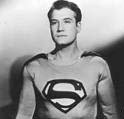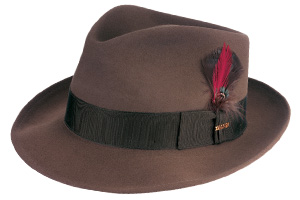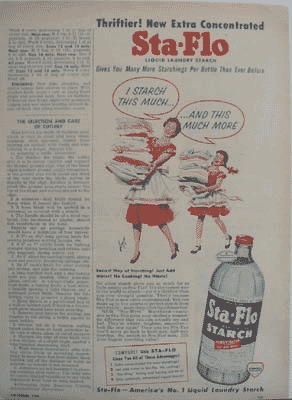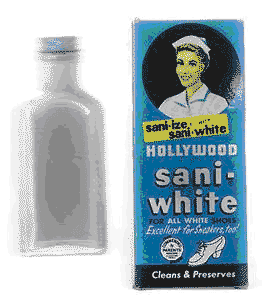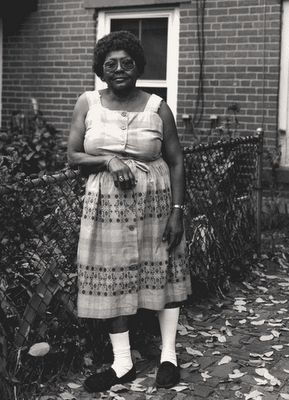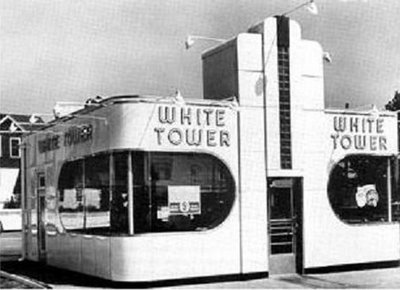Winky Dink & Me and Miss Frances' Ding Dong School
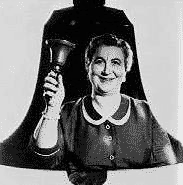
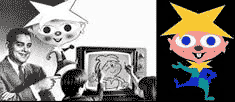
In the early 1950’s, two TV shows surfaced that brought about a magical impression in my life. I used TV to escape from a bizarre childhood that no one else seemed to have. TV protected me from the loneliness, isolation and fear that seemed to fester in my family.
The first show was “Ding Dong School” with Miss Frances. Ding Dong School would start off with the lovely Miss Frances, who looked like everyone’s favorite aunt, smiling and ringing an old school bell. The clang clang clang of the old bell still resonates in my mind.
Children would be sitting on the floor while Miss Frances sat in a chair calling the class to order. This was far different than the reality of the nuns in grammar school making us march into the classroom in two steps like soldiers on a drill.
Miss Frances would gently address the class of children politely, intelligently and kindly.
Her questions to the children were sensitive and thoughtful. Questions like “Did you hang up your coats and hats like good girls and boys”? “Did you wipe your muddy feet on the mat before you came in”? Did you do all your chores your parents asked you to do”? “I am so proud of all you boys and girls”. And wonder of wonders, Miss Frances actually listened to their responses. This was a far cry from the recriminations put forth by the nuns. “Please raise your hands if you said the rosary out loud with your families last night”. “Those who didn’t please stand up and explain why”. It only took me once to realize that I would forever lie, in order not to be chastised for NOT saying the rosary out loud with my family.
Miss Frances showed the children how to finger-paint, and draw. She would also sing and read to us. She had 3 real goldfish that became everyone’s friend, Winken, Blynken and Nod.
Commandments of kindness were taught at Ding Dong School. In Catholic school, writing out the 10 commandments 50 times became a penalty for not being a good boy or girl.
But the best show by far, to stir the imagination and take me away from any danger, threat or sad place, was Winky Dink & Me.
Winky Dink & Me was a show about 2 cartoon characters, Winky Dink and his dog, Woofer. They would often get into trouble or situations where they would need help.
This help was up to me. They depended on me. Winky Dink & Me had a special kit, which was given to me for Christmas by Rose, my neighbor upstairs.
This kit contained a huge cellophane piece of red gel that would stick onto the TV screen by static electricity and special crayons that you could wash off. Whenever Winky Dink and Woofer got into trouble, Winky would ask you to “draw him” out of trouble. For example, if Winky Dink needed to cross from one mountain to the other, you could draw him a bridge. If he was swimming too deep, you could draw him a life preserver or a rope to help reel him in.
What a concept! What if I had that magical power today? What or who would I draw to get me out of my problems? That’s pretty easy. If I were stuck and needed someone to come and get me, I would draw my friends John & Jill, on their way to rescue me in their ’72 pristine Pontiac Lemans, riding with my head stuck out the window like my dogs. If I were in over my head, as it sometimes happens, I would draw Karen and Richard throwing me a rope or a life preserver (although at times I think they would opt for an anchor). Last but not least, I would draw my shrink, Dr. Lubin. I would draw her taking the bits and pieces from my mind and putting the chunks together, and putting the fragments of my life together in a jigsaw puzzle that could at last be solved


